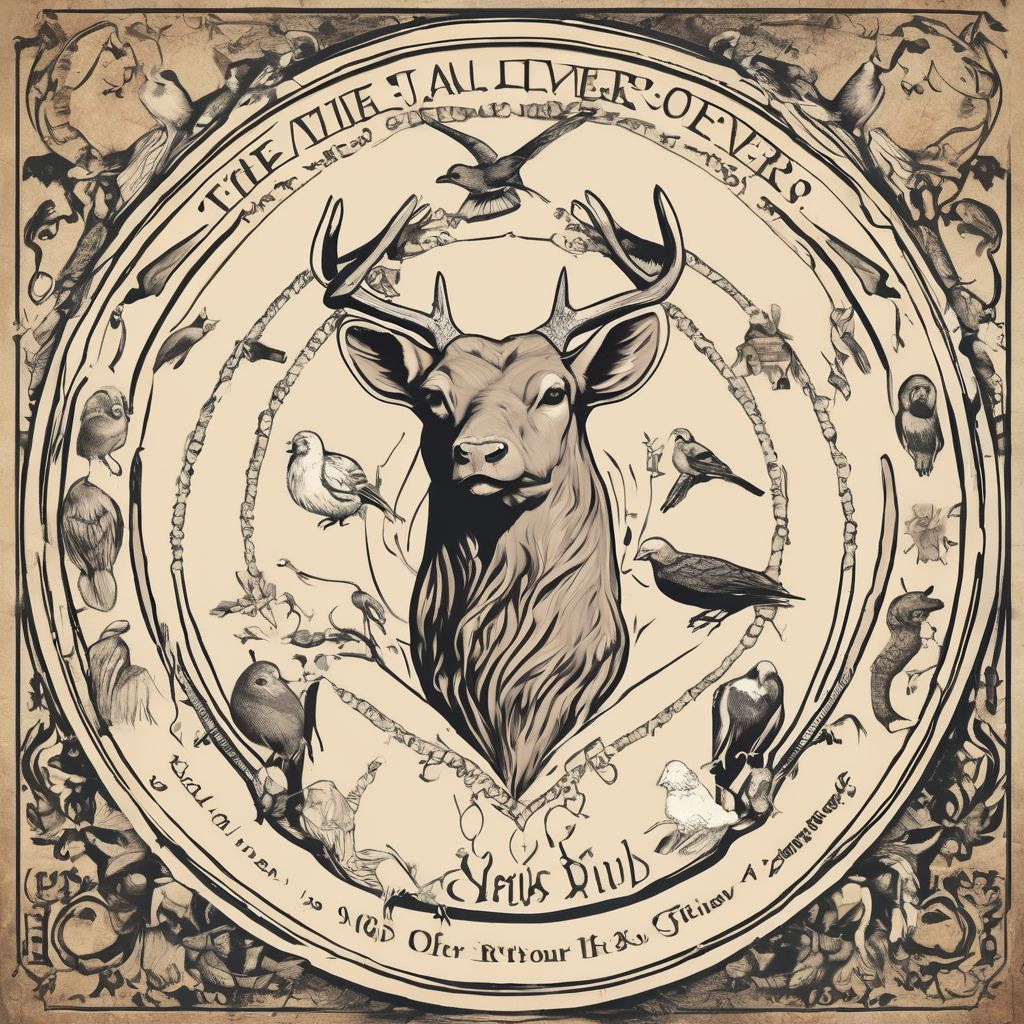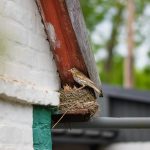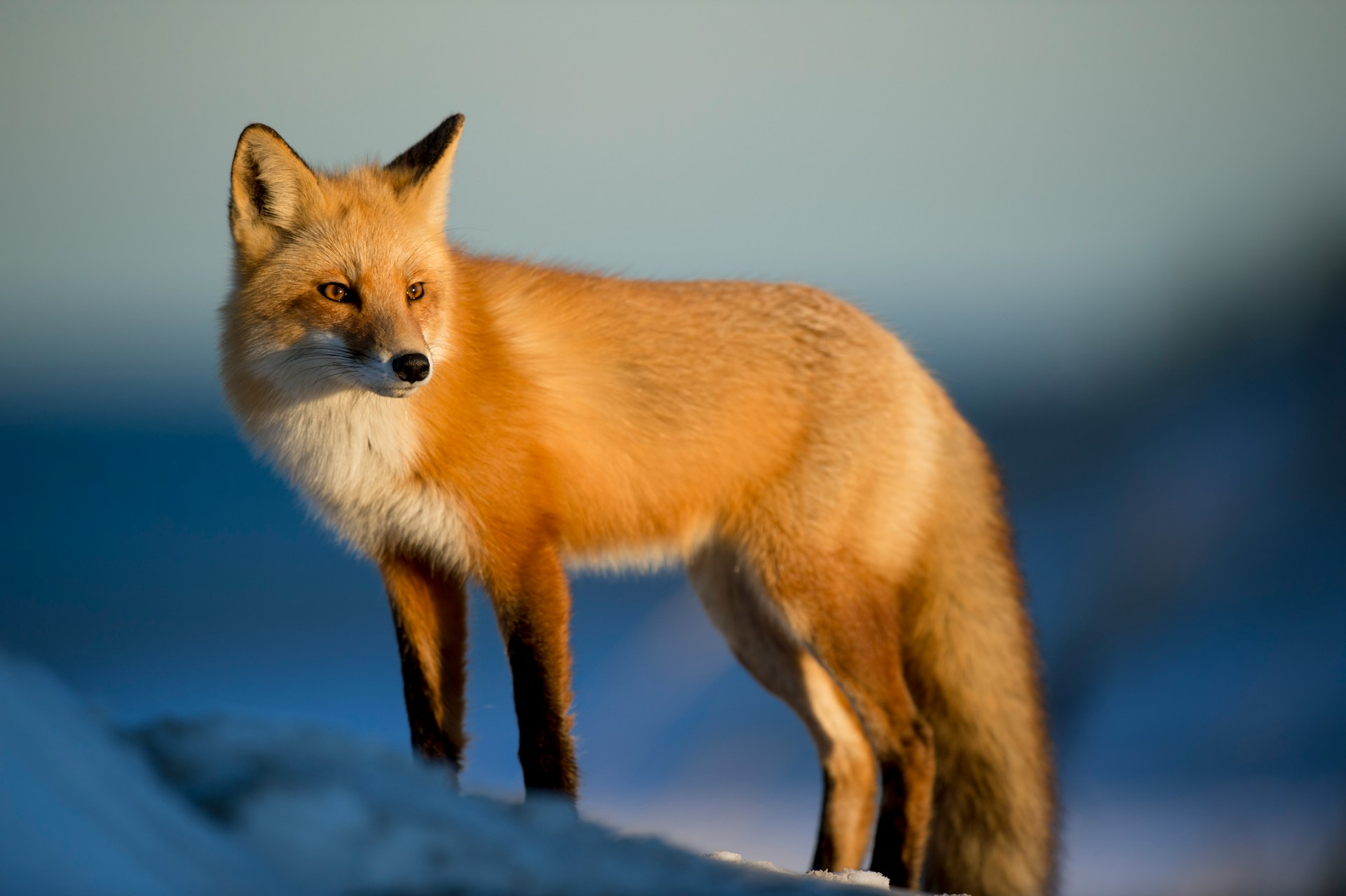In today’s global society, few crimes pass unnoticed, yet one massive illegal industry continues to flourish in the shadows: wildlife trade. This criminal activity is a serious threat to many species and ecosystems. Yet, it remains largely unreported and often unrecognised by the broader public. Today, we will guide you on how to identify and report this illegal trade within the UK.
Recognizing the Illegal Wildlife Trade
Before you can report a crime, it is crucial that you are able to recognize it. In the context of the illegal wildlife trade (IWT), this requires understanding the scope of the trade and the types of products it includes.
A lire également : How has the UK’s shift to organic farming affected local wildlife?
What is the Wildlife Trade?
Broadly speaking, the wildlife trade involves the buying and selling of products derived from wild animals or plants. This commerce can be entirely legal and regulated; however, a significant portion falls under the category of illegal wildlife trade.
According to various international reports, the illegal wildlife trade is one of the most profitable illicit economic activities globally, rivalling the illegal drug and arms trades in its sheer scale. This trade is often facilitated by international organized crime groups, who exploit the high demand for wildlife products and the relatively low risk associated with their trafficking.
Sujet a lire : What’s the best practice for dog owners to avoid disturbing ground-nesting birds in the UK?
Products of the Illegal Wildlife Trade
The range of products involved in the illegal wildlife trade is extensive and can include live birds and mammals, as well as their body parts, such as ivory, horns, skins, feathers, and shells. Often these products are sold for traditional medicine, exotic pets, trophies, or fashion accessories.
You may come across these items on the internet, in markets, or even within homes. Recognizing these products can be challenging due to their sheer variety and the increasing sophistication of traffickers in disguising their illegal goods. However, identifying these items is the first step in combating the illegal wildlife trade.
Identifying Illegal Wildlife Trade Hotspots
Criminal activities, such as the illegal trade in wildlife, often occur in specific places or ‘hotspots’. Recognizing these hotspots can help focus our efforts in combating this trade.
Internet as a Global Hotspot
In recent years, the internet has become a significant platform for the illegal wildlife trade. This has made this trade more challenging to regulate, due to the ease with which sellers can remain anonymous and operate across international borders.
Websites, social media platforms, online marketplaces, and even chat apps have all been reported as venues for this trade. While some measures have been put in place to combat this, such as prohibiting the sale of certain wildlife products on their sites, these measures are often difficult to enforce effectively.
Domestic Markets
Despite the global nature of this trade, domestic markets within the UK also play a significant role. Reports have indicated a steady increase in the number of wildlife products being seized within the UK, suggesting that the domestic demand for these products remains high.
Reporting Suspected Illegal Wildlife Trade Activity
If you suspect that an illegal wildlife trade activity is taking place, it’s important to report your suspicions to the authorities. Remember, your actions could be critical in protecting endangered species and disrupting criminal networks.
Contacting the Authorities
The UK has several avenues for reporting illegal wildlife trade. The first port of call should be your local police force. You can contact them via their non-emergency number and provide them with as much detail as possible about what you have observed.
If you have information relating to illegal wildlife trade activity on an international scale, you can contact the UK’s National Wildlife Crime Unit. This specialized law enforcement agency has the necessary expertise and connections to investigate significant wildlife crimes.
Online Reporting Platforms
Given the substantial role of the internet in facilitating illegal wildlife trade, several online platforms have been established to report suspected illegal activity. These include websites and apps where you can upload evidence, such as photos or screenshots, and provide details about the suspected illegal activity.
Remember, it’s essential to keep your safety in mind when gathering evidence. Never put yourself or others at risk.
The Financial Aspect: Following the Money
Like all types of organized crime, the illegal wildlife trade is primarily motivated by financial gain. Therefore, efforts to curb this trade often focus on ‘following the money’.
Financial investigations can help authorities not only identify and prosecute those involved in the illegal wildlife trade but also disrupt their financial networks and seize their assets. This can significantly impact the profitability of the wildlife trade, making it a less attractive prospect for criminals.
While recognizing and reporting illegal wildlife trade activity may seem like a daunting task, remember, every little bit helps. With your vigilance and willingness to take action, we can make a significant difference in protecting our wildlife and preserving our ecosystems for future generations.
The Role of Private Sector in Combating Wildlife Trade
The involvement of the private sector in the fight against illegal wildlife trade is critical. Companies, large and small, have a role to play in this fight, whether they are directly involved in the wildlife business or not.
Direct Intervention in the Supply Chain
Companies that are part of the supply chain for wildlife products are uniquely positioned to intervene directly. They can implement strict monitoring and control measures to ensure that their supply chains are free from illegal wildlife products. This includes online marketplace platforms, social media companies, and shipping companies, who can all actively seek out and report suspicious activity.
However, these measures require a significant commitment to resources and a willingness to put ethical considerations above profit. This can be a tough decision for many companies, particularly in competitive markets. Yet, such direct intervention can make a significant difference in the fight against the illegal wildlife trade.
Indirect Intervention through Corporate Social Responsibility
Other companies may not be directly involved in the wildlife trade but can still contribute to this cause through their corporate social responsibility (CSR) programs. This could involve funding conservation efforts, supporting law enforcement agencies in their fight against wildlife crime, or raising public awareness about the illegal wildlife trade.
In addition, companies can also enforce strict anti-money laundering measures. Money laundering is a common practice in illegal wildlife trade, allowing criminals to hide their illicit earnings. By taking a firm stand against money laundering, companies can disrupt the financial networks that support this trade.
The Global Response: United States and Hong Kong
Illegal wildlife trade is a global issue that requires a global response. Two key examples of this are the responses from the United States and Hong Kong.
The United States’ Response
In the United States, the fight against illegal wildlife trade is a national priority. The country has some of the strictest laws on wildlife trade and has made significant efforts to strengthen its enforcement capabilities.
The US Fish and Wildlife Service is heavily involved in combating wildlife trafficking both domestically and internationally. Additionally, the US has also invested in building the capacity of law enforcement agencies in other countries, recognizing that the fight against illegal wildlife trade must be a global effort.
Hong Kong’s Response
Hong Kong has also been active in its efforts to combat the illegal wildlife trade. Known as a major hub for the trade of endangered species, Hong Kong has been under international pressure to crack down on this illicit activity.
In recent years, Hong Kong has introduced stricter laws and penalties for wildlife crime and increased its enforcement efforts. They have also launched public awareness campaigns to reduce demand for illegal wildlife products.
By bolstering its enforcement capabilities and raising public awareness, Hong Kong serves as a strong example of how a determined response can make a significant difference in the fight against illegal wildlife trade.
Conclusion: Every Action Counts
Recognizing, reporting and combating illegal wildlife trade is a mammoth task, but it’s important to remember that everyone can play a part. Whether you’re a private citizen who reports suspicious activity, a company that ensures its supply chains are free from illegal wildlife products, or a government agency that enforces the law, every action counts.
Your role in this global fight may seem small, but collectively, we can make a big difference. By taking a stand against illegal wildlife trade, we not only protect endangered species but also our ecosystems. Remember, our wildlife is not an inexhaustible resource; it is a precious treasure that we must protect for future generations.
Let’s unite against wildlife crime and ensure that our actions today pave the way for a sustainable future.











